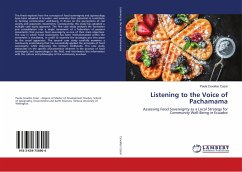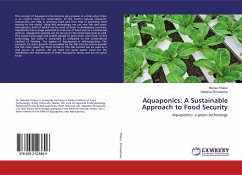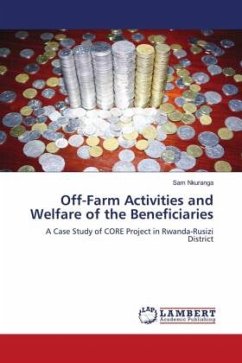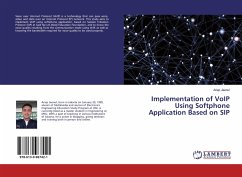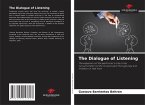This thesis explores how the concepts of food sovereignty and agroecology have been adopted in Ecuador, and evaluates their potential to contribute to farming communities' well-being. It draws on the perceptions of civil society and grassroots movements. Consequently, this study has adopted a multiple case study approach. The first case study analyses the formation and consolidation into a single movement of a federation of peasant movements that pursue food sovereignty as one of their main objectives. The way in which food sovereignty has been institutionalised within the movement is elucidated, in order to examine the strategies put into place by the social apparatus. The second case study carefully examines a community undertaking that has successfully applied the principles of food sovereignty, while improving the farmers' livelihoods. This case study elaborates on the specific characteristics inherent in the practice of food sovereignty and agroecology in the field, and intertwines this information with the culture and philosophy of the community involved.
